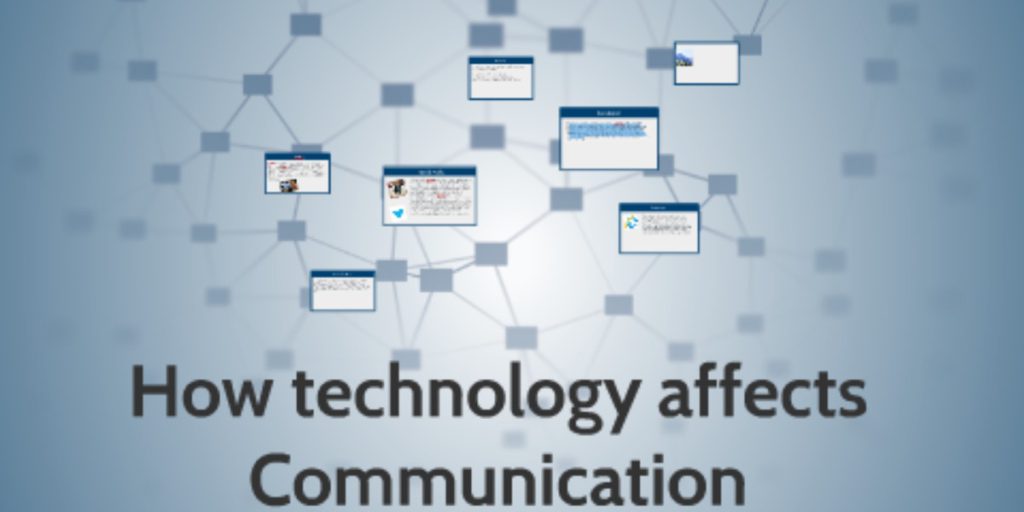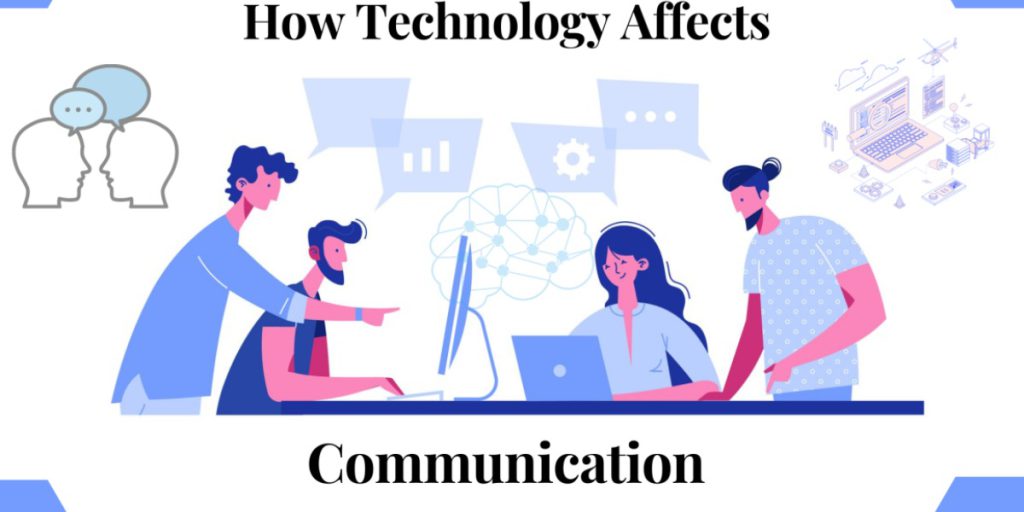How Technology Affects Communication
In the 21st century, technology has transformed the way we communicate, revolutionizing interpersonal connections and global interactions. From the advent of the internet to the rise of social media, this article delves into the multifaceted impact of technology on communication.
The Evolution of Digital Communication
From Letters to Instant Messaging
Communication, once confined to handwritten letters and face-to-face conversations, has evolved into instantaneous exchanges facilitated by emails, messaging apps, and social media platforms. The speed of digital communication has altered the pace and dynamics of our conversations, fostering both connection and, at times, detachment.
Social Media’s Influence
The pervasive presence of social media platforms like Facebook, Twitter, and Instagram has redefined how we share information and connect with others. It has given individuals and businesses a global voice, but it also raises concerns about privacy, misinformation, and the impact on mental health.
Challenges and Opportunities
Communication Overload
The constant barrage of notifications and messages in the digital era has led to communication overload. Managing multiple channels simultaneously can be overwhelming, impacting the quality of interactions and contributing to stress. Strategies for effective digital communication become essential in navigating this challenge.
Global Connectivity and Cultural Exchange
On a positive note, technology has facilitated unprecedented global connectivity, allowing for cross-cultural exchanges and collaborations. The ability to connect with individuals from different backgrounds enhances understanding, fosters innovation, and contributes to a more interconnected world.

The Future Landscape
Emerging Technologies
As technology continues to advance, emerging trends like augmented reality, virtual reality, and artificial intelligence are poised to further reshape communication. These innovations offer new avenues for immersive and personalized experiences, but they also bring ethical considerations and challenges.
Balancing Innovation and Human Connection
The challenge for the future lies in striking a balance between technological innovation and preserving genuine human connections. As we navigate the ever-evolving landscape of communication technology, it is crucial to prioritize meaningful interactions, empathy, and the ethical use of these powerful tools.
Navigating the Digital Frontier
In conclusion, the impact of technology on communication is profound and multifaceted. From enhancing global connectivity to presenting new challenges, the digital revolution continues to shape how we connect with others. As we embrace emerging technologies, it is imperative to tread carefully, ensuring that our digital interactions enrich rather than detract from the essence of human connection. The journey into the digital frontier requires a thoughtful and mindful approach, recognizing the power of technology to both unite and, if not wielded responsibly, divide.
Molecular Corrosion Technologies
Molecular corrosion technologies represent a cutting-edge approach to combating the detrimental effects of corrosion on various materials. By leveraging molecular-level insights, these technologies aim to provide more precise and effective solutions for corrosion prevention and mitigation. The fundamental principle behind molecular corrosion technologies involves understanding the intricate interactions at the molecular level that contribute to corrosion processes. Researchers and engineers in this field delve into the chemical and physical aspects of corrosion, seeking targeted strategies to inhibit or slow down these processes.








